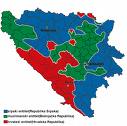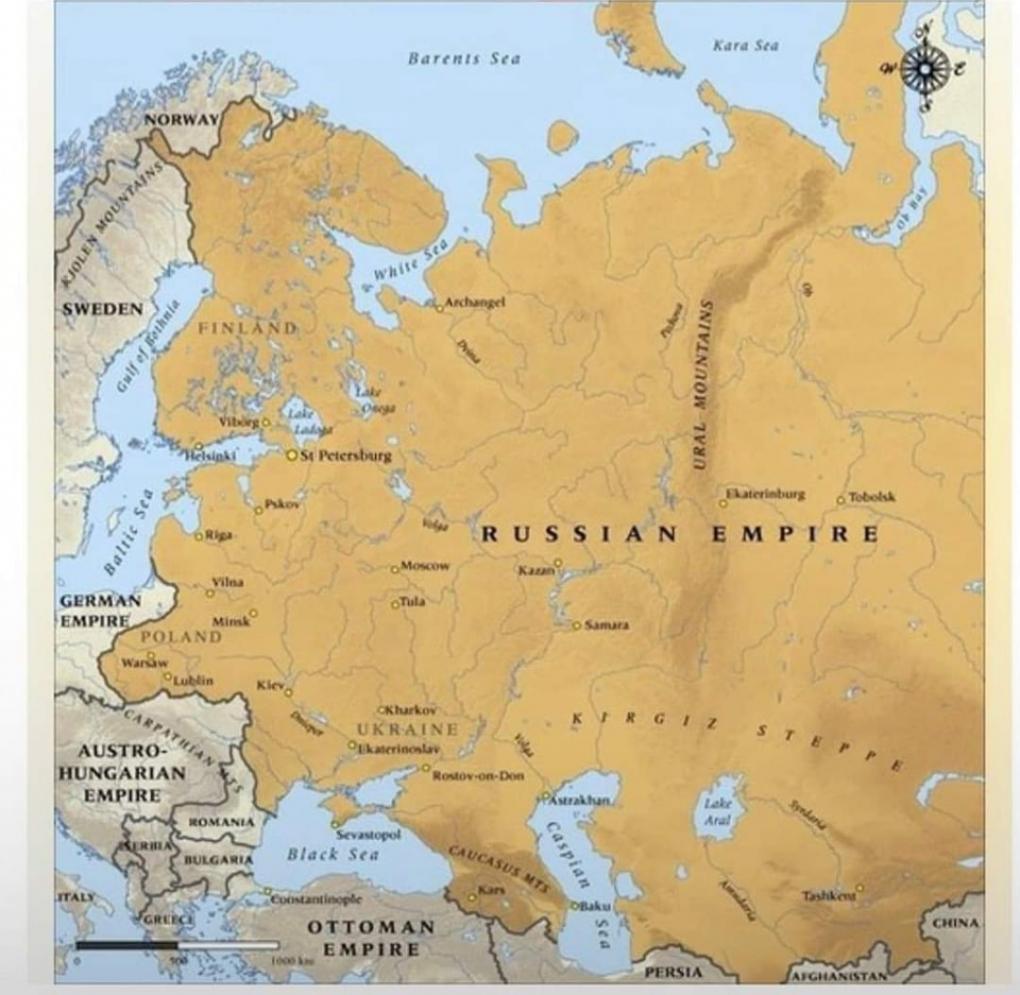Marcus Tanner: Bosnia needs to sort itself out without our help
What to do about Bosnia? William Hague was right when told The Independent yesterday that it is unravelling in front of our eyes, as the assertive Serbs pull ever further from the weak centre in the direction of outright independence.
Bosnian's Muslims are outraged, insisting that the Bosnian Serbs must never be rewarded for the massacres they perpetrated in the 1990s with a state. The Serbs retort that they have a right to national self-determination. Europe says they don't – Kosovo was an exception. The Serbs say it wasn't. In short, it's a mess.
Europe has no strategy for Bosnia; no fall-back plan. Mr Hague wants more outside intervention. But Bosnia has seen enough of that to last a lifetime. Ever since the three-way war in the former Yugoslav republic ended in 1995, the weakest of the post-Yugoslav states has been on the equivalent of an international operating table, receiving regular blood transfusions, implants and bypasses.
One problem is the ill thought-out framework forced on the country at the Dayton Ohio talks in 1995, largely at the behest of Bill Clinton's envoy, Richard Holbrooke. Washington wanted a quick end to a foul war and had little time for nitpicking Europeans with their heavy tomes of Balkan history and complex ethnic maps.
Holbrooke engineered the sudden division of Bosnia into two federal "entities". The larger one, containing Sarajevo, was broadly Muslim, the smaller one mainly Serbian. The idea was for the bigger of the two to act as a focus of national unity, slowly drawing the smaller into its orbit.
It never happened. Since 1995, it is the bigger entity that has lost its way, economically and politically. The Serbian Republic, as the other entity is known, has sharpened up its act and become increasingly self-confident. Sarajevo did not become the capital of all Bosnians, as the peacemakers of 1995 intended. It dwindled, becoming an almost totally Muslim environment.
The partiality that the international governors of Bosnia since 1995 have shown towards the Muslims has not helped them much. Unable to forget the palmy days of Lord Ashdown's rule, when obstreperous Serb and Croat politicians were humbled, dismissed and banned, they yearn for the West to "intervene" in the same way and on the same scale.
Perhaps they will get their way. In which case, expect more governors-general masquerading as mediators, more minute supervision of village rows, more dismissals of annoying Serbs and Croats; and more aid money poured into the back hole of Bosnia's corrupt finances.
The problem with this strategy is that there is no exit from such a state of affairs. Bosnia then loses even the appearance of statehood and becomes an official protectorate. Its hopes of joining the EU, feeble as they are, vanish entirely. Brussels is not interested in taking on an ailing international trusteeship.
Years of outside diktats and decrees have nurtured an infantilised political culture, in which politicians can afford to sound extreme because they so rarely have to assume real responsibility for their inflammatory words. They mouth off any way they feel, knowing that "Brussels", "the west", or "the Americans" will have the last word. And sign another cheque.
In hindsight, the 1995 constitution was a mistake, enshrining Bosnia's ethnic divisions, and in the most bizarre and unsatisfactory way. The two entities have not dissolved. On the contrary, the entities have grown arms and legs – the Serbian one in particular. Too late to do much about that now – we have to live with the consequences of Mr Holbrooke's hasty deal.
In the meantime, while flatly ruling out the chances of anyone ever recognising a Bosnian Serb state – not even Belgrade seems interested in that eventuality – Europeans should stop dangling vague promises of yet more "intervention" in front of the permanently aggrieved Muslims. Bosnia will never be Switzerland. The country's DNA won't allow it.
Each of the three communities is pretty much outraged by the other two for a host of reasons that date back at least half a millennium, and each can quote chapter and verse on this their favourite subject to anyone they can prevail upon to listen. The best that we can hope for is a "Balkan Belgium" – an admittedly loveless arrangement, born out of geopolitical necessity and which staggers on, after a fashion. But we won't get there by endlessly micromanaging the situation. The Bosnians need to be told to do it on their own.
Marcus Tanner's books include 'Croatia: A Nation Forged in War'
- Извор
- http://www.independent.co.uk/opinion/commentators/marcus-tanner-bosnia-needs-to-sort-itself-out-without-our-help-1771212.html
Коментара (3) Оставите Ваш коментар Објавите новост
Руске снаге извеле су масовне ударе на украјинску инфраструктуру у Кијевској области. Погодци су забележени како у самом Кијеву, тако и у оближњим насељима. У Бориспољу је током напада...
Стање до 16:00, 20.12.2024.
Грађани Србије имају најповољније мишљење о Русији, док је најнеповољније мишљење о НATO-у, показују ексклузивна истраживања Ипсоса за РТС.
Влада у Триполију, која у ствари контролише тек половину Либије, обзнанила је да неће дозволити прераспоређивање руских снага и наоружања који су, после пада режима Башара ел Асада, остали...
Руски председник предложио је тестирање западних одбрамбених система против нове руске хиперсоничне ракете
Србски научник, писац, дипломата и политичар Владимир Кршљањин је током свог децембарског говора на МГИМО универзитету Министарства спољних послова Русије на Међународној конференцији \"НАТО: 25 година експанзије\" тврдио да...
Остале новости из рубрике »





















